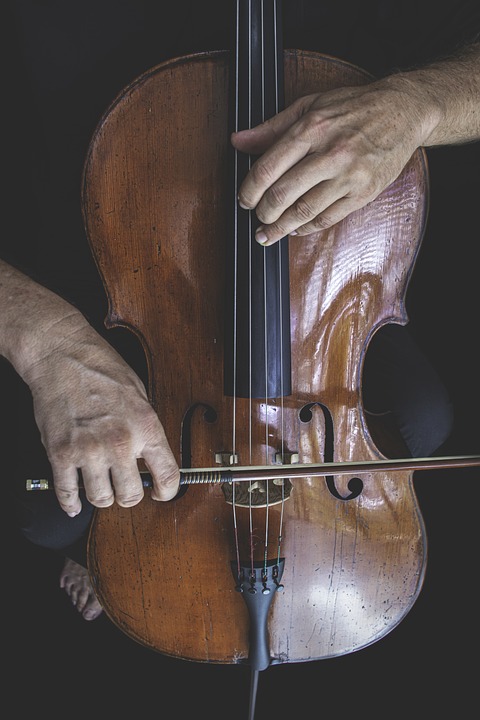The Role of Women in Shaping Contemporary Classical Music
Introduction
Classical music has long been dominated by male composers, conductors, and performers. However, women have played a crucial role in shaping the landscape of contemporary classical music, despite facing significant challenges and barriers. In recent years, there has been a growing recognition of the contributions of women in the classical music world, and their impact is increasingly shaping the future of this genre.
Historical Context
Historically, women have faced numerous obstacles in pursuing careers in classical music. In the past, women were often discouraged from studying music or composing, and those who did often faced discrimination and barriers to their success. Female composers were often overlooked or dismissed, and women were rarely given the opportunity to conduct orchestras or perform on a professional level.
Despite these challenges, there have been notable female composers throughout history who have made significant contributions to the classical music canon. Women such as Clara Schumann, Fanny Mendelssohn, and Ethel Smyth have left a lasting impact on the world of classical music, despite facing sexism and discrimination during their lifetimes.
Modern Influence
In recent years, there has been a resurgence of interest in the work of female composers and musicians. Women are now increasingly being recognized for their contributions to the classical music world, and many are actively shaping the future of this genre. Female composers such as Jennifer Higdon, Kaija Saariaho, and Caroline Shaw have received critical acclaim and have been commissioned to write new works for major orchestras and ensembles.
Women are also making strides in the world of conducting, with figures such as Marin Alsop and Susanna Mälkki leading major orchestras and opera companies around the world. These women are breaking down barriers and challenging stereotypes in the traditionally male-dominated field of conducting.
Challenges and Opportunities
Despite the progress that has been made, women in classical music still face numerous challenges. Gender inequality remains a significant issue in the classical music world, with women being underrepresented in leadership roles and facing discrimination and bias in the industry. Women composers are still less likely to have their works performed and recorded than their male counterparts, and women conductors are often subject to criticism and scrutiny that their male peers do not face.
However, there are also many opportunities for women in classical music today. The rise of social media and streaming platforms has made it easier for women composers and musicians to share their work with a wider audience and connect with other artists. Initiatives such as the Women’s Philharmonic Advocacy and the Institute for Composer Diversity are working to promote gender equality in classical music and support the careers of women composers and musicians.
The Future of Classical Music
As more women composers and musicians gain recognition in the classical music world, the future of this genre is looking brighter than ever. Women are bringing unique perspectives and voices to classical music, pushing boundaries and challenging traditional ideas about what classical music can be. Their contributions are helping to diversify and expand the classical music canon, making it more inclusive and relevant to audiences of all backgrounds.
In conclusion, women have played a vital role in shaping contemporary classical music and are poised to continue making significant contributions in the years to come. By supporting and amplifying the voices of women in classical music, we can help create a more equitable and vibrant musical landscape for future generations to enjoy.


